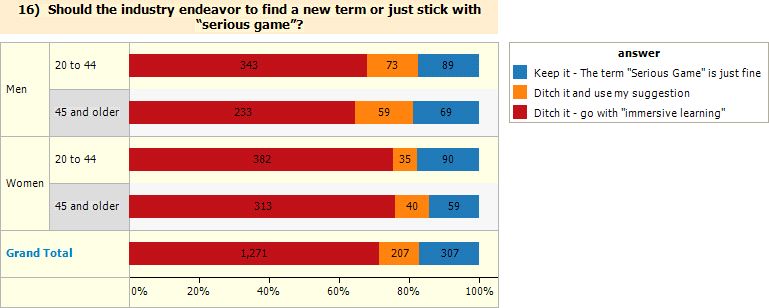A wise colleague of mine pointed me to this video of Will Wright talking about his new game Spore to the TED conference (I was invited once, years ago when I was in Australia, but it was a lot of money at the time, on an academic salary with the exchange rate then…). It’s a fascinating talk, covering the game design but also the philosophy behind it.
Will Wright, in case you don’t know, is the genius behind Sim City and The Sims, two famous games. He’s revered among game designers because his games are complete leaps to a new game space, and successful. He has a talent for taking something he finds interesting, building a model (a simulation is just a model, a scenario is when you put it in an initial state and ask the player to take it to a goal state, and a game is when you tune that experience until it’s engaging), and then making the experience of manipulating the model into a game. In particular, one of the hallmarks of his work is his ability to tune it in unique and non-obvious ways (e.g. monsters coming in to smash your cities) to create a compelling and yet thought-provoking experience.
Here he talks about the game design, but couples it to important issues. How games are toys that can help us learn. It’s the final statement that resonates, about using this new game as a tool to foster long-term thinking. Really, that’s what I’m on about, using games as tools to develop new ways to think. And here’s a master. Enjoy, and reflect.
